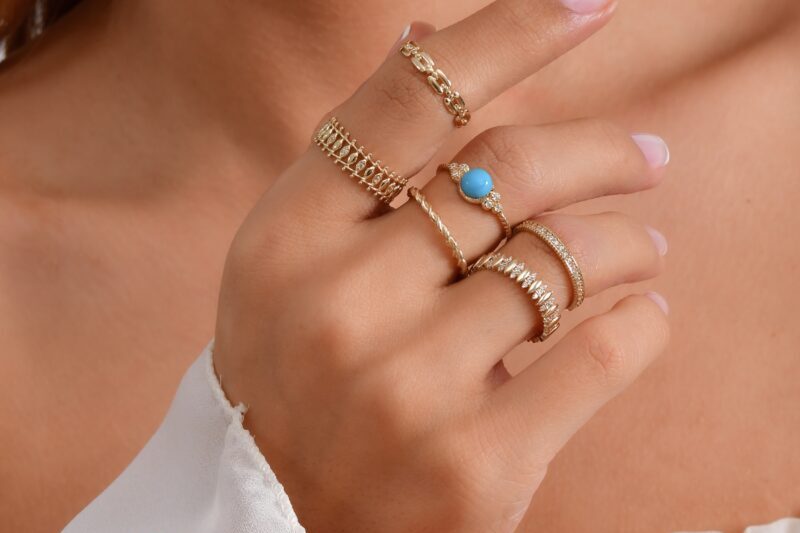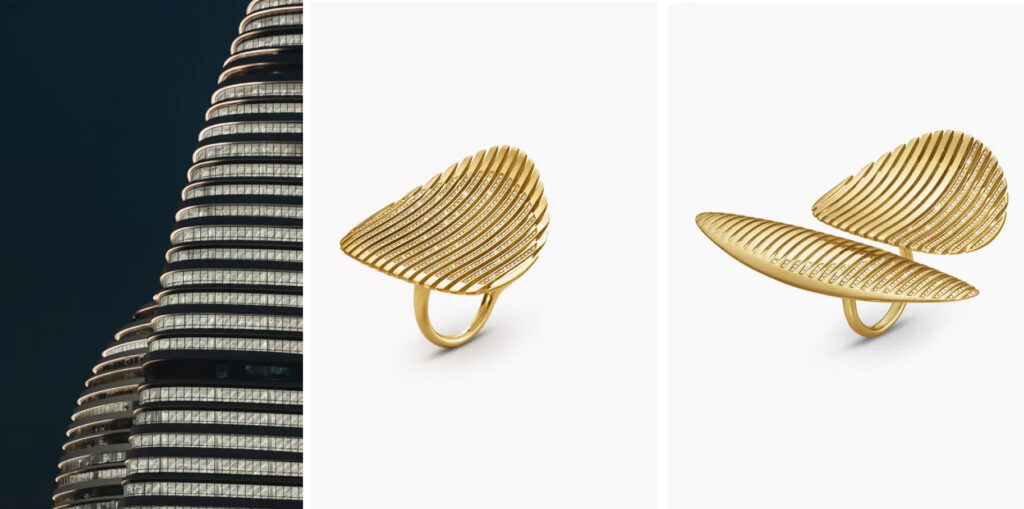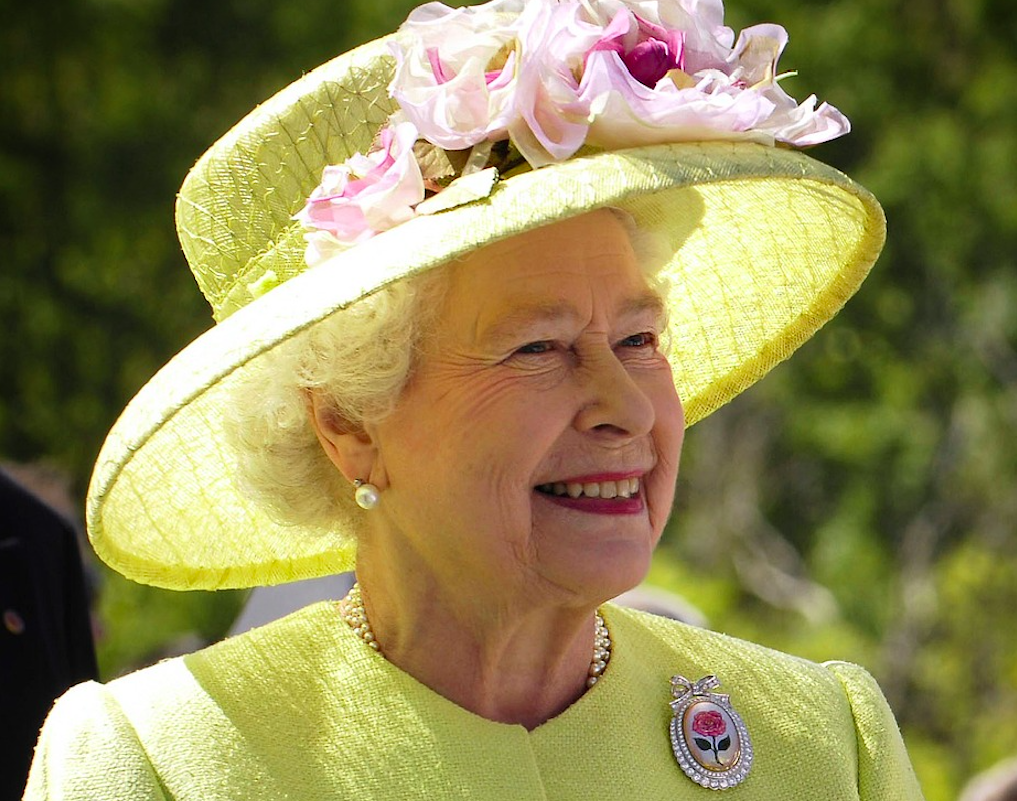
In the past, the diamond industry was often associated with environmental damage and human rights violations. However, in recent years, the landscape has shifted dramatically. Today, consumers and companies alike are increasingly concerned with the ethical sourcing of diamonds, leading to the rise of mines that prioritise sustainability, fair labour practices, and community welfare. But which mines stand out as leaders in this ethical movement? Let’s take a closer look at some of the world’s most ethical diamond mines.
The Importance of Ethical Diamond Mining
Before diving into the specifics, it’s essential to understand why ethical diamond mining is so crucial. Ethical mining goes beyond just adhering to legal requirements; it involves a commitment to preserving the environment, ensuring the well-being of workers, and contributing to the local communities where these precious stones are extracted.
- Environmental Responsibility: Ethical mines minimise their environmental footprint by using sustainable mining practices, rehabilitating mined land, and reducing carbon emissions.
- Fair Labour Practices: These mines ensure safe working conditions, fair wages, and no child labour, aligning with international human rights standards.
- Community Development: Ethical diamond mines contribute to the development of local communities by investing in healthcare, education, and infrastructure.
Several diamond mines around the globe have set high standards for ethical practices, making them leaders in the industry. Here are some of the most notable ones:

1. The Diavik Diamond Mine, Canada
Situated in the remote Northwest Territories of Canada, the Diavik Diamond Mine, operated by Rio Tinto, is renowned for ethical mining. It prioritises environmental sustainability, using wind power to reduce its reliance on diesel and lower its carbon footprint. The mine also has a land rehabilitation programme to restore the landscape after mining. Diavik works closely with Indigenous communities, providing jobs and supporting local businesses. Over 70% of its workforce is Indigenous, ensuring the mine’s benefits are shared locally.
2. The Gahcho Kué Diamond Mine, Canada
The Gahcho Kué Diamond Mine, co-owned by De Beers and Mountain Province Diamonds, is a leading example of responsible mining in Canada’s Northwest Territories. Known for its stringent environmental and social practices, the mine operates under strict guidelines for waste management, water conservation, and wildlife protection, with a comprehensive environmental monitoring programme to minimise its impact. Socially, Gahcho Kué emphasises local employment and Indigenous partnerships, while also supporting community initiatives such as education programmes and healthcare services, ensuring broad community benefits.
3. The Orapa Diamond Mine, Botswana
Botswana is often praised for responsible diamond mining, and the Orapa Diamond Mine exemplifies this. As the world’s largest diamond-producing mine by area, Orapa has greatly contributed to Botswana’s stability and prosperity. The mine’s revenues support essential public services, including education, healthcare, and infrastructure, helping to lift many Batswana out of poverty. Orapa is also committed to ethical mining practices, with a focus on worker safety and environmental conservation, including restoring large areas of mined land to their natural state.
4. The Ekati Diamond Mine, Canada
Canada’s Ekati Diamond Mine, the country’s first, is celebrated for its ethical mining practices. Operated by Arctic Canadian Diamond Company in the environmentally sensitive Arctic, Ekati has pioneered eco-friendly techniques, including natural freezing methods to stabilise permafrost and prevent water contamination. Its efforts to minimise environmental impact have set new standards for Arctic mining. Ekati’s strong partnership with Indigenous communities, focusing on local employment and training programmes, ensures that its operations benefit the region’s people.
5. The Argyle Diamond Mine, Australia
The Argyle Diamond Mine in Western Australia, once renowned for producing rare pink diamonds, left a lasting legacy in ethical mining before ceasing operations in 2020. Its sustainable closure plan includes comprehensive land rehabilitation, restoring the site by replanting native vegetation and protecting wildlife habitats. Argyle also worked closely with Indigenous groups to respect cultural heritage sites throughout its operations, with ongoing efforts to preserve these sites for future generations as part of its closure process.
6. The Jwaneng Diamond Mine, Botswana
The Jwaneng Diamond Mine in Botswana, known as “the richest diamond mine in the world” for its high-value output, plays a key role in the country’s economic development. Operated by Debswana, a partnership between De Beers and Botswana’s government, Jwaneng’s diamond revenues fund essential public services and infrastructure projects. The mine is also recognised for its commitment to safety, implementing rigorous standards to prevent accidents and ensure workforce well-being, earning accolades for its exemplary safety record in the mining industry.

Final Thoughts: Choosing Ethical Diamonds
When it comes to buying diamonds, choosing ethically sourced stones is more important than ever. Not only does this choice support responsible mining practices, but it also contributes to the well-being of communities and the preservation of our planet. Whether you’re purchasing an engagement ring or investing in a unique piece of jewellery, insisting on ethical diamonds ensures that your purchase is as responsible as it is beautiful.
In the words of one diamond industry expert, “An ethical diamond isn’t just a luxury; it’s a legacy.” By supporting ethical mines, we can help shape a future where diamonds are not only treasured for their beauty but also for the good they bring to the world.









